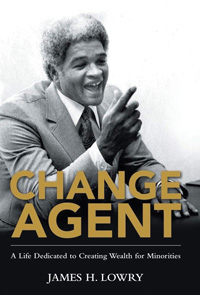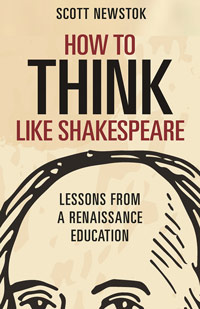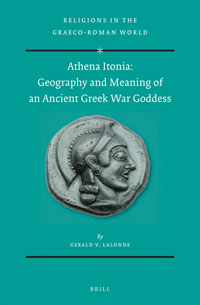In Change Agent: A Life Dedicated to Creating Wealth for Minorities, a memoir Archway published in February, James Lowry ’61, life member of the Board of Trustees, delivers a personal, candid, and often humorous portrayal of his journey from Chicago’s South Side to Wall Street and life as a trailblazing entrepreneur.
This memoir illustrates the power of iconic mentors and pivotal opportunities, demonstrates how to achieve breakthroughs, and offers solutions to the widening wealth gap that plagues minority communities today. Lowry’s book delivers a plan to accelerate economic development in the black community and is designed to be a road map for the next generation of leaders.






 Ginny Olson Richardson ’68 held a one-person retrospective art show in Tucson, Arizona, in January. The 94 works featured were mostly figurative and included landscapes, people, and performance pieces. All proceeds benefited Parkinson Wellness Recovery Gym.
Ginny Olson Richardson ’68 held a one-person retrospective art show in Tucson, Arizona, in January. The 94 works featured were mostly figurative and included landscapes, people, and performance pieces. All proceeds benefited Parkinson Wellness Recovery Gym.
 In November 2019, Pat Irwin ’77 released two records. The first, Wide Open Sky, is a series of duets with fellow composer and friend J. Walter Hawkes. Irwin’s second project, High Line, is by the band SUSS, an ambient country quintet of which Irwin is a member.
In November 2019, Pat Irwin ’77 released two records. The first, Wide Open Sky, is a series of duets with fellow composer and friend J. Walter Hawkes. Irwin’s second project, High Line, is by the band SUSS, an ambient country quintet of which Irwin is a member.


